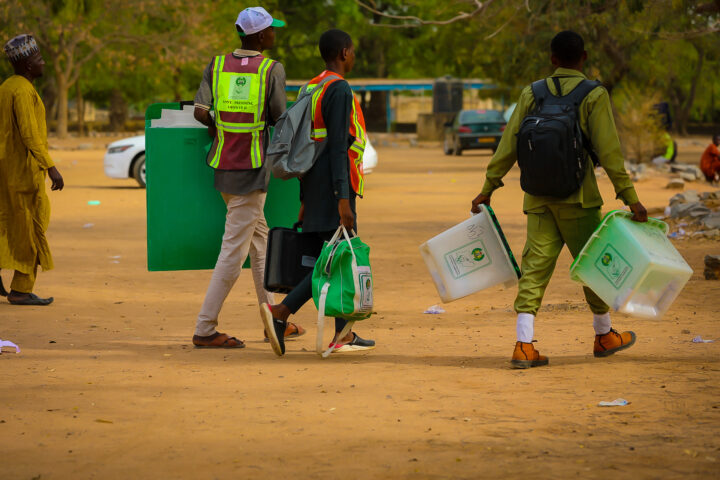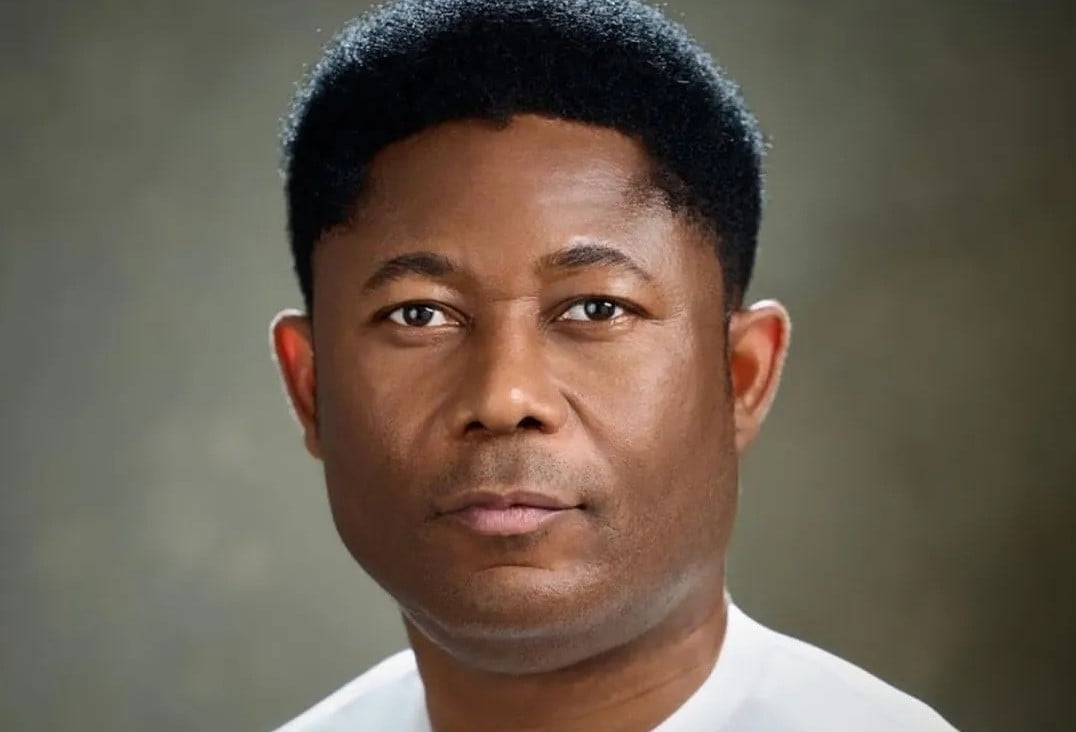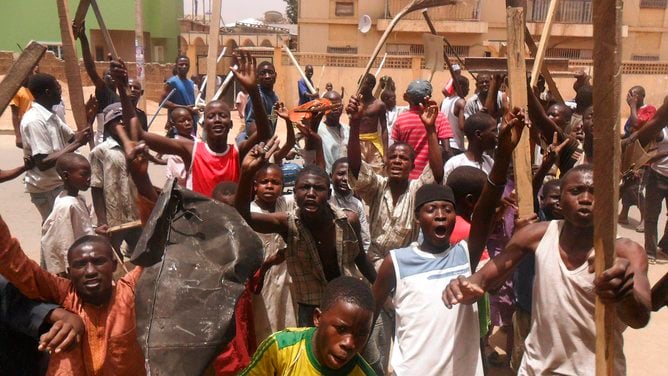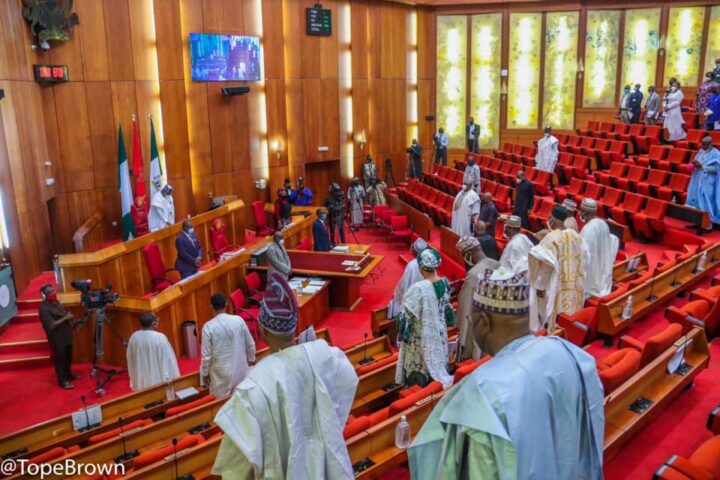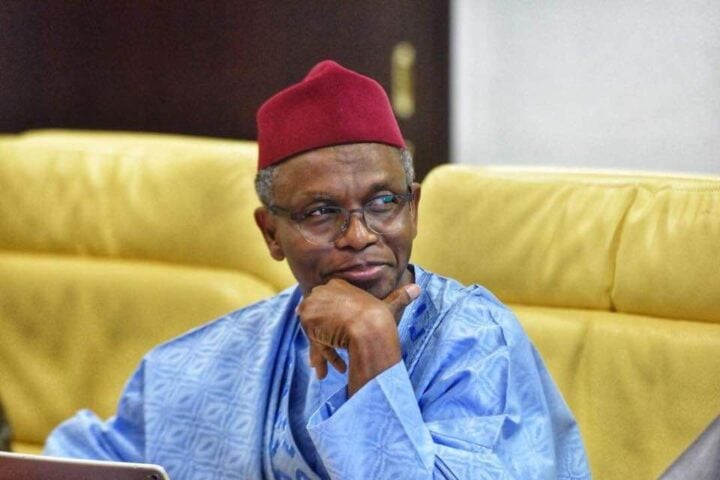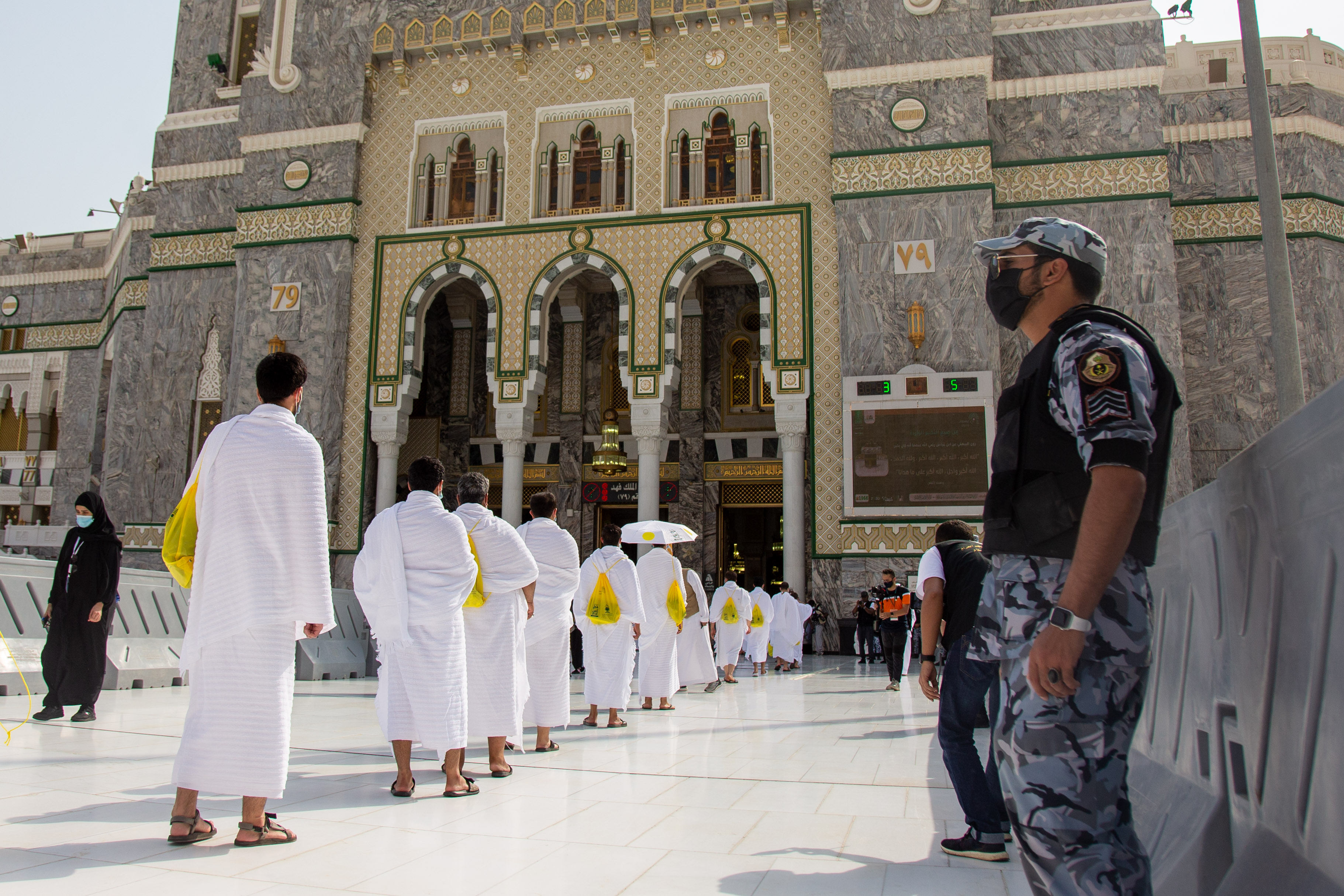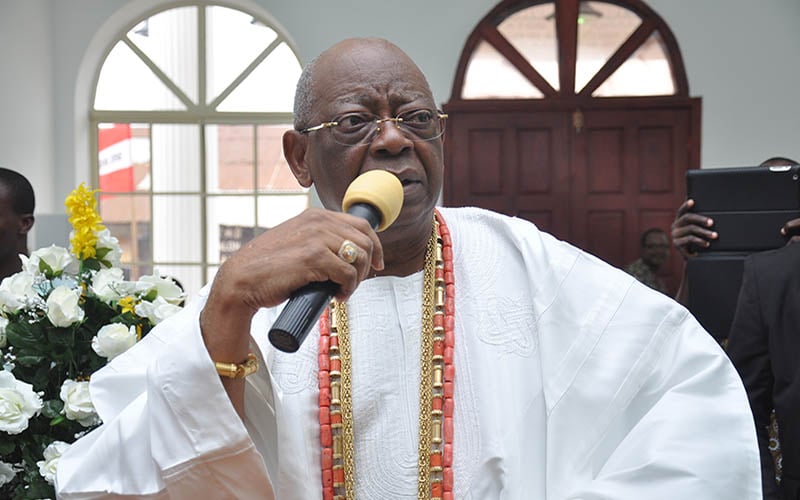Election
BY WEALTH DICKSON OMINABO
The 2023 elections have come and gone, but they are far from being concluded, as discussions and issues surrounding the election process continue to dominate national discourse. From tribunal proceedings to intrigues in the National Assembly and advocacy on social media, it is evident that the elections are not yet over, even though the counting of ballots took place over three months ago. The winners have been sworn in and are enjoying the privileges, power, and authority bestowed upon them by the electorate.
In Nigeria’s political landscape, post-election moments are often filled with bitterness, disillusionment, and frustration. This sense of disillusionment, especially among the youth, is unprecedented in recent Nigerian politics. The youth played a significant role in the last general elections, asserting themselves as the true custodians of sovereignty. They actively participated in the electoral process, mobilized extensively, and eagerly awaited a political transformation. Most of the 10 million newly registered voters were young people, and their campaign revolved around reclaiming their country from the grip of gerontocrats and aristocrats.
For many, the 2023 elections represented not only a democratic exercise but also a dream within a dream. It symbolized a chance for a new Nigeria, a better life, and improved fortunes for themselves and their families. These dreams were born from the harsh economic realities of national insecurity, poverty, and unemployment. These challenges have resulted in a multi-layered crisis, leading to increased rates of depression and unemployment-driven migration known as the “Jappa syndrome,” where citizens voluntarily leave their country in search of better opportunities but often end up enslaved in modern-day forms of servitude.
Advertisement
The 2023 elections provided an opportunity for the youth to alter the political trajectory of the country, wrest power from the two major political parties, and establish a people-centered government that would address their needs and concerns.
However, for those who pinned their hopes on the candidacy of Peter Obi, the declaration of Bola Ahmed Tinubu as the winner shattered their hopes. They perceive this outcome as an elitist conspiracy, making them react in different ways. Some of them take their protest to social media, promoting different hashtags such as “notmypresident and RIPdemocracy’
This political reality has dashed the hopes of many Nigerians, resulting in daily expressions of anger on social media and other public platforms. Most of the youth believed that a change in power would rejuvenate the nation, considering the prevailing challenges of the time. They argued that Peter Obi was the most suitable candidate among the major contenders for the presidency.
Advertisement
Today, the widening gap between expectations and post-election reality has left many frustrated and angry. For instance, those who dreamt of peaceful and transparent elections had their hopes shattered by the violence witnessed during the electoral process, leading to a loss of faith in their country’s ability to ensure their safety. Consequently, a profound sense of disappointment and betrayal permeates the lives of many citizens because of the conduct of state institutions like the Independent National Electoral Commission(INEC) for their failure to keep to their own rules and abide by their electoral guidelines. The failure of the electoral body to upload the presidential results on the IReV in ‘real-time” as earlier promised, gave rise to much uncertainty and affected the credibility of the process. The failure to upload the result on IREV is seen as a breach of trust, a breach of hope, and a breach of accountability and an act of compromise.
Managing post-election moments is no easy task, except for those whose political dreams were fulfilled through favorable outcomes at the polls. Even for successful candidates, navigating through courts to validate and legitimize their mandates comes at a cost, including distractions, financial burdens, and political instability stemming from the uncertainties surrounding electoral disputes.
For those whose preferred candidates were unsuccessful, despair and grief often accompany unmet expectations. Effectively managing these emotions is crucial for maintaining stability within the polity.
The obidient youth movement played a defining role in the last elections and helped shape Nigeria’s political culture. The movement has contributed significantly to reshaping Nigeria’s democratic culture and amplifying the voice of ordinary citizens. Their sustained advocacy for democratic responsibility on social media has helped deepen Nigeria’s democracy.
Advertisement
To resign to fate and act aloof because of deferred political dreams would amount to surrendering Nigeria’s democracy to a one-party state. As of today, there is no strong opposition party in the country as the Peoples Democratic Party (PDP), which ordinarily should serve as a viable opposition to those in power, seems to be suffering from post-election challenges and they have failed to live up to their responsibilities.
Obidients must translate their energy, passion, and knowledge toward effective nation-building. To achieve this, they must organize themselves to engage those in power effectively until they achieve their desired change in Nigeria.
Conversely, those in power have the urgent task to build a national consensus, strengthen state institutions to be truly independent in order to build the trust of all citizens and shore up the legitimacy of the state and the government. As Cornel West posits, “Democracy creates disruptions. It creates an eruption. It creates interruption.” The last election created varied interruptions in Nigeria’s democracy, significantly impacting the unity and stability of the nation. Still, the government and those who wield power are responsible for ensuring that these disruptions don’t continue and that democracy does not continue to flounder.
Ominabo is the communications officer at the Goodluck Jonathan Foundation
Advertisement
Views expressed by contributors are strictly personal and not of TheCable.
Add a comment
